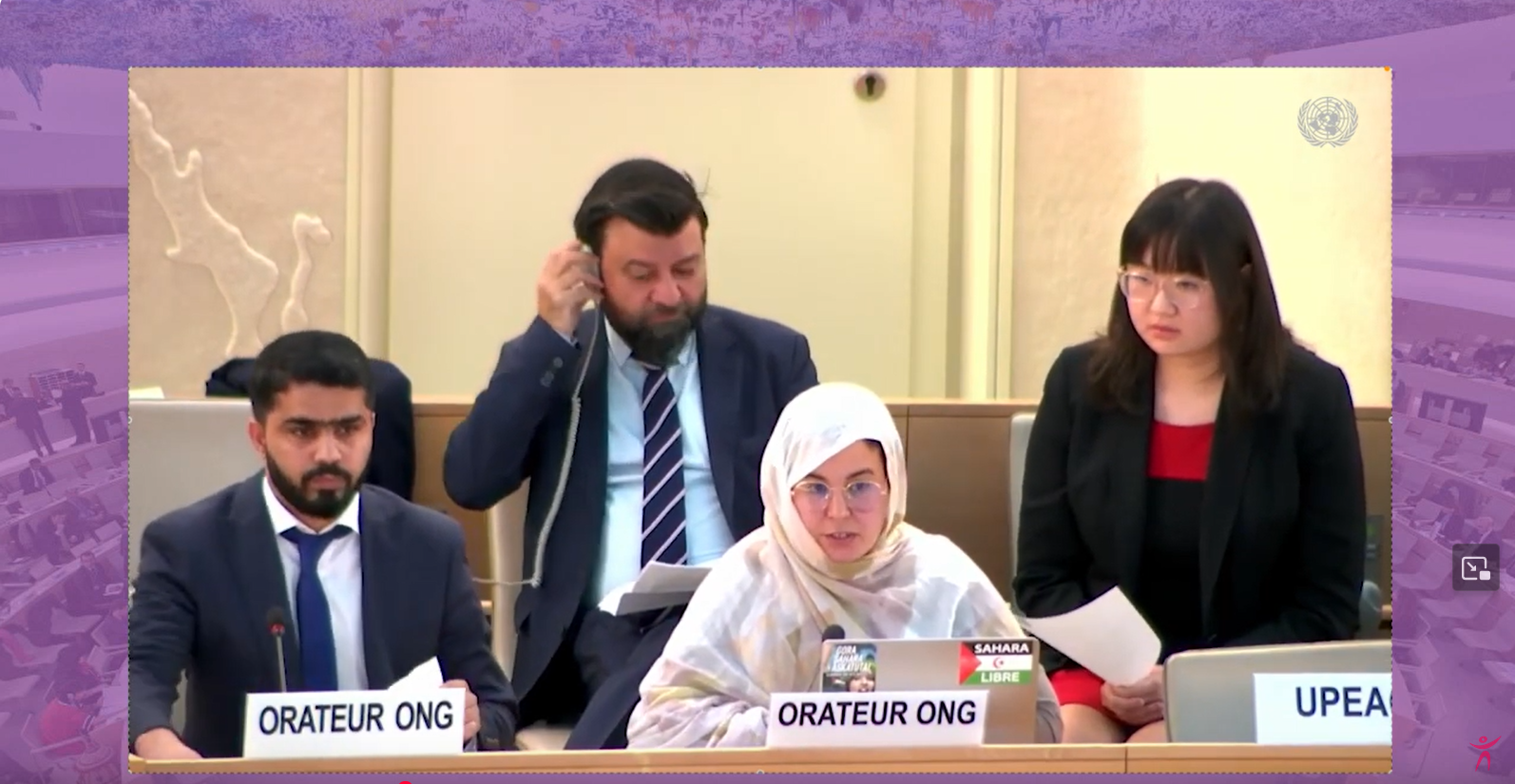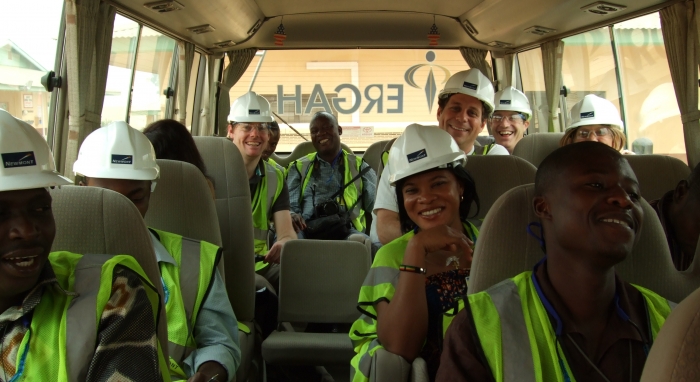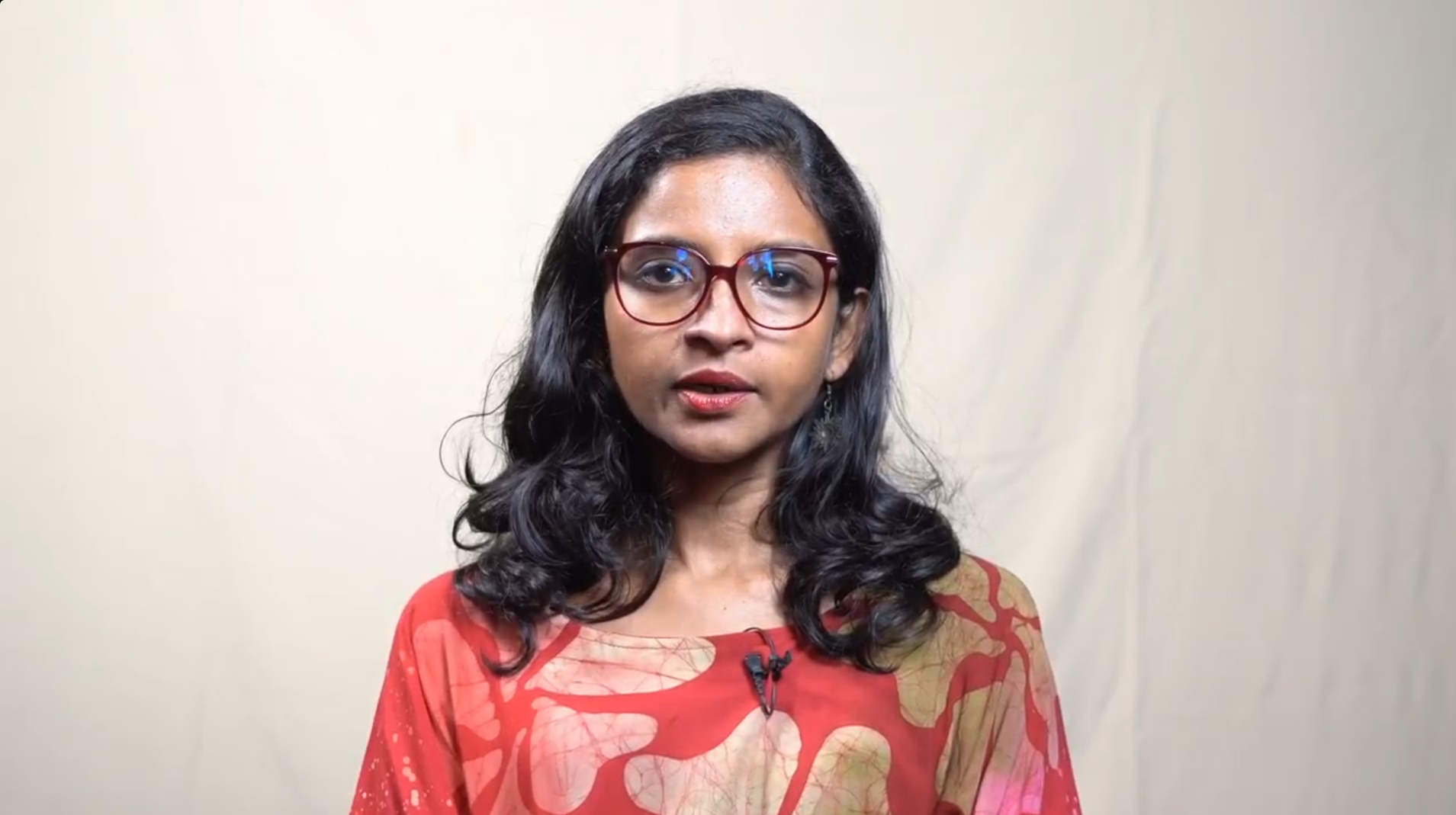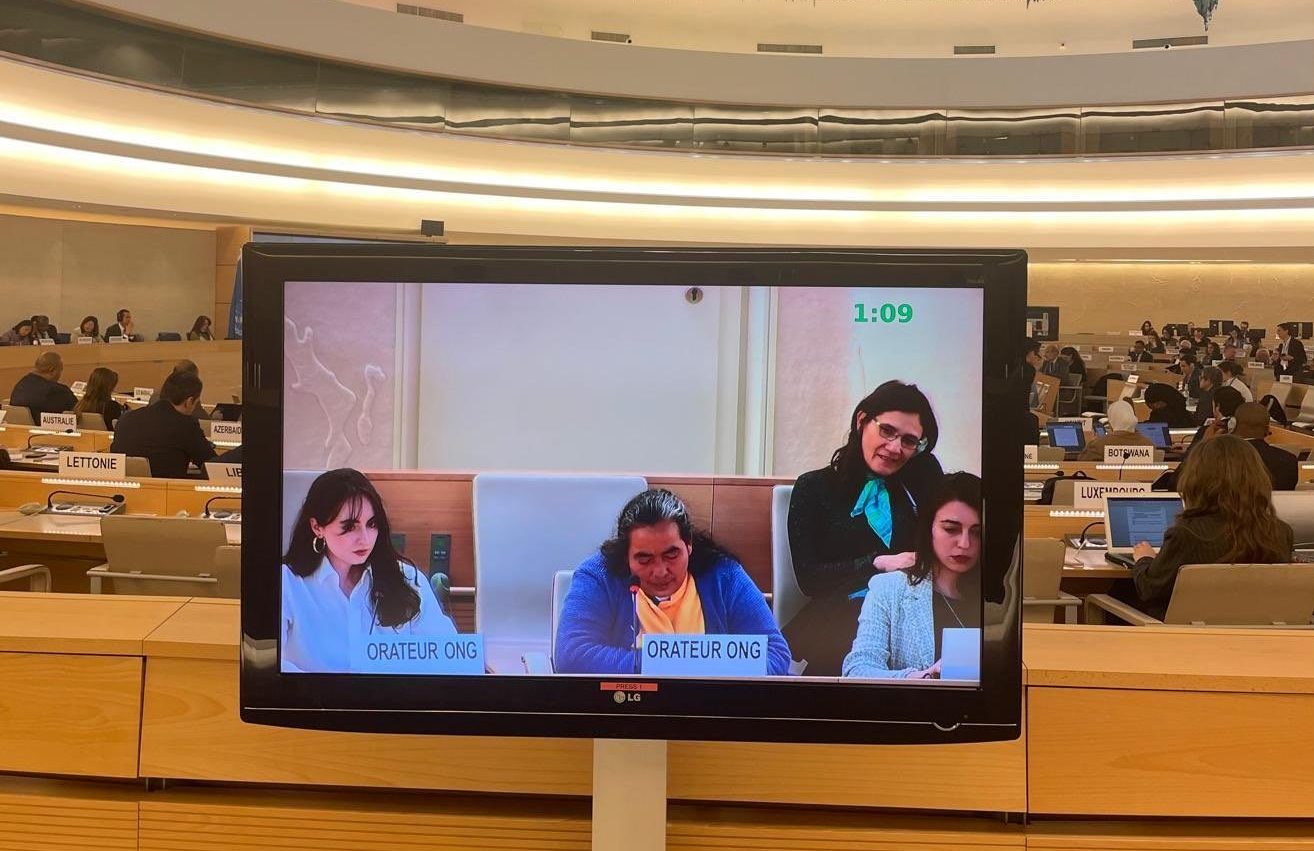Geneva – By Mauricio Lazala, Business & Human Rights Resource Centre
Attacks, intimidation, harassment and killings of human rights defenders working on business and human rights issues have been on the increase for years – most have been well-documented. Unfortunately there are no signs of this trend abating any time soon. From Mexico to Azerbaijan, Israel to Ecuador, and India to Hungary, brave activists are weathering a storm of restrictions on their legitimate work. Over the past three years, more than 60 countries have passed or drafted laws that curtail the activity of non-governmental and civil society organisations. So what can be done to counteract these trends?
States have the primary obligation to respect human rights. But companies also have an important role to play, especially in the business and human rights sphere. And companies have made a stand for human rights, both publically and behind closed doors, on many occasions (albeit still in modest numbers).
My experience is that companies are far more likely to act when it relates directly to their operations or industries. Last year major apparel companies sourcing from Cambodia condemned the government for its violent crackdown on striking garment workers that resulted in deaths and injuries – this helped bring an end to the violence. In 2013 in Peru, six US textile firms urged the Peruvian Government to repeal a law that condoned labour rights violations, making it difficult for them to implement their own sourcing codes of conduct. Earlier this year three jewellery companies released statements calling on Angola to drop charges against Rafael Marques, a journalist on trial for defamation after exposing abuses in the diamond industry.
Oxfam and others have identified some of the causes and trends of increasing restrictions and attacks against corporate accountability activists and land and environment defenders. Among them are the proliferation of counter-terrorism measures that sweep civil society organisations into their embrace when governments interpret them too widely. In Chile, Mapuche indigenous people have been convicted on terrorism charges for allegedly starting a fire while protesting against a logging company. As the Guardian pointed to recently, ‘[l]egitimate measures to curb funding of and money-laundering by terrorist organisations often have a debilitating effect on NGOs’. In this area finance service companies have the responsibility to show due diligence in distinguishing between illegal and legitimate money transfers.
Another trend identified by Oxfam is the availability of powerful technological tools to monitor and restrict defenders. Companies have a direct responsibility to avoid colluding with censorship and persecution by States. Yahoo’s former policy of sharing personal records of its users with Chinese authorities infamously led to the arrest, alleged torture and lengthy prison terms of at least four people. Yahoo faced a public backlash, lawsuits, and a Congressional hearing as a result. But large tech companies have also taken bold steps to protect their users; Google pulled out of China in 2010 over censorship attempts. In 2012, following a call from a Pakistani NGO to tech companies not to respond to a tender by their government for an extensive URL filtering and blocking system, four companies committed publicly not to submit bids – some cited human rights concerns as their reason for this.
Some companies have also taken a public stand on broader human rights issues, demonstrating that doing so does not result in economic doom, and refuting those who think this is not the ‘business of business’. In March this year, 379 businesses and organisations submitted a public statement to the US Supreme Court in support of same-sex marriage. In the last couple years, hundreds of companies have publicly expressed their support for the peace process between the Colombian Government and the FARC guerrillas. In January 2015, following a series of anti-Islam rallies by xenophobic groups in Germany, companies kept their installations dark; Volkswagen said the company ‘stands for an open, free and democratic society’. More recently, three FIFA sponsors responded to NGOs’ concerns around construction for the Qatar 2022 World Cup issuing statements supporting workers’ rights in the country. And this month, German businesses offered support and joined campaigns welcoming refugees seeking asylum in Europe.
Far too many companies still remain silent when human rights are at stake in repressive States – or even actively work against respect of human rights – but many companies are showing that speaking out against abuse is the right thing to do, both for moral reasons and for their own interest. Companies can be a powerful voice in the protection of the vulnerable in repressive countries, particularly where abuses are taking place linked to their industry or they are major investors.
A few brave companies are already helping to create and expand enabling environments for human rights. More companies should follow suit. Companies don’t need to develop special skills for this; they already use their influence on governments when their interests are at stake. They just need to take care their advocacy is legitimate; ‘there is a fine line between genuine concern and mere window-dressing’. Where human rights thrive and defenders are protected, companies will also find it easier to do business on a level playing field and meet their social expectations.
Mauricio Lazala is Deputy Director of the Business & Human Rights Resource Centre. Follow them on Twitter at @BHRRC.
In the weeks and days leading up to the UN Forum on Business and Human Rights, ISHR will publish a series of articles by leading experts including human rights defenders, UN representatives, diplomats, businesses and international NGOs. Each article will include an analysis of the important role of human rights defenders and will be compiled in a special edition of ISHR’s Human Rights Monitor, to be launched in English, French and Spanish on November 9. The views expressed in the pieces are personal and do not necessarily represent the position of ISHR.




